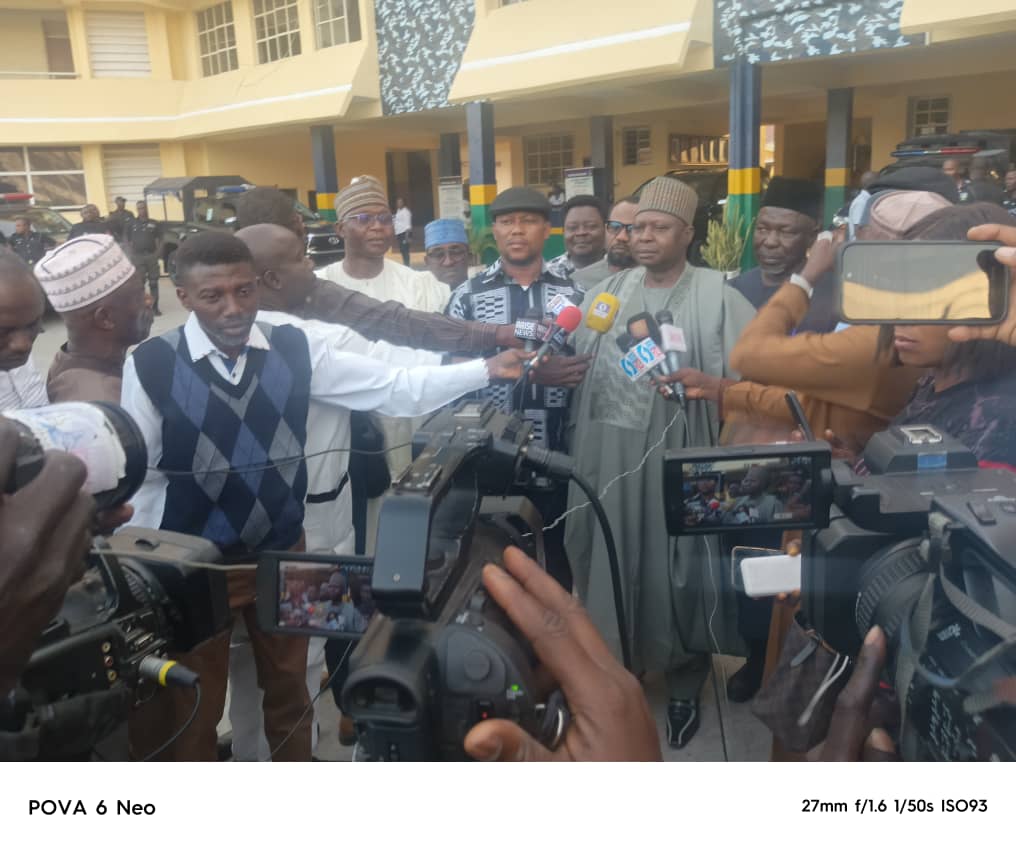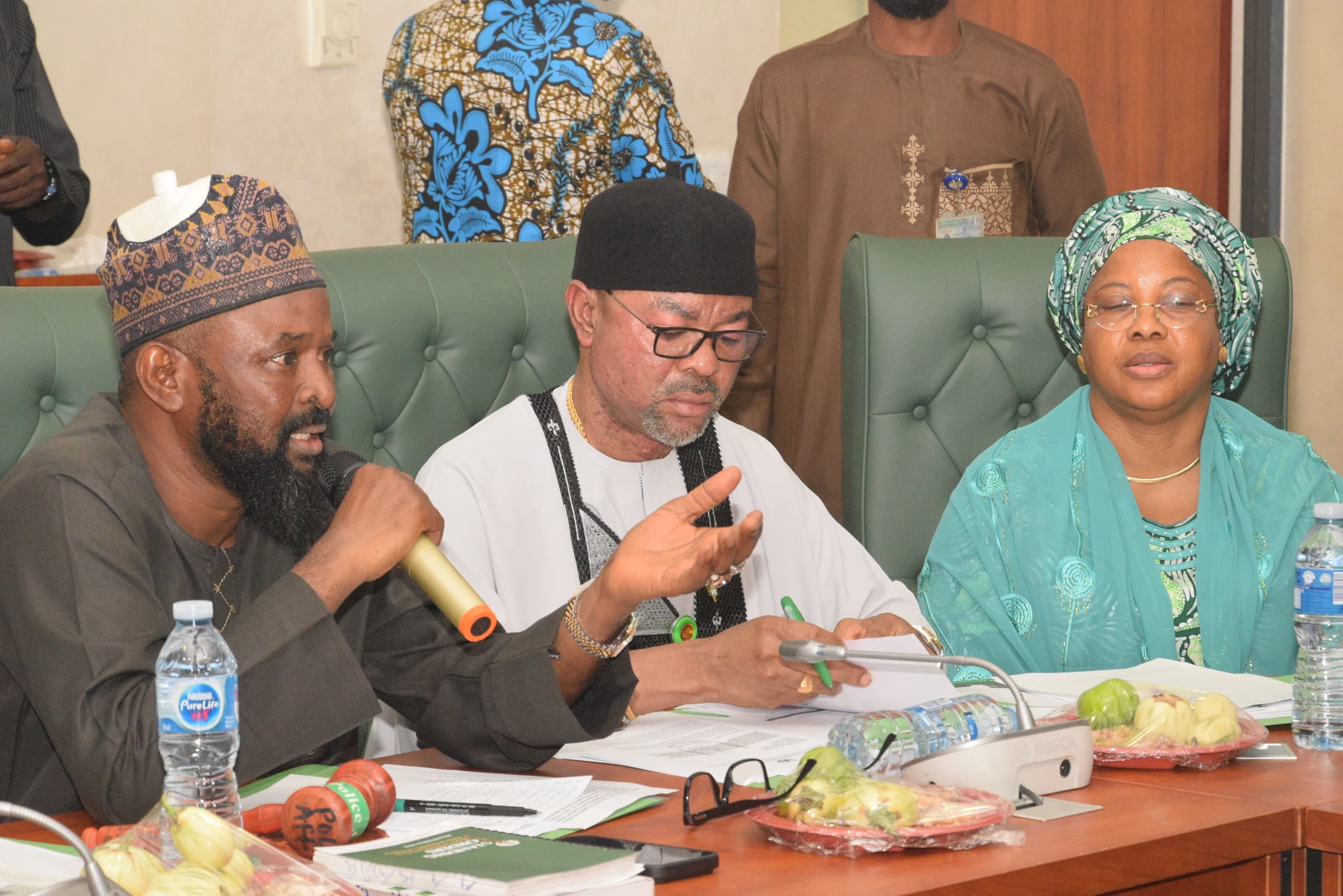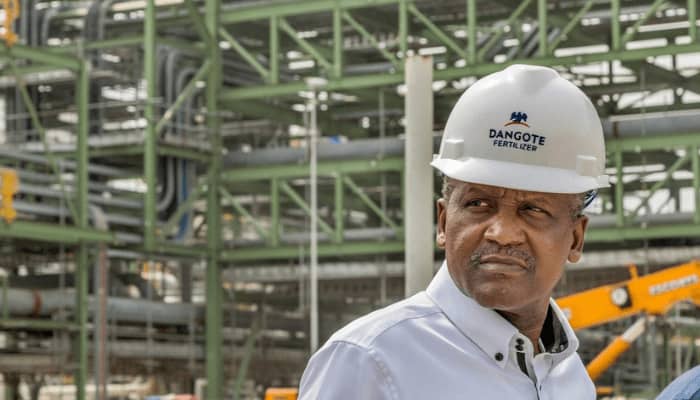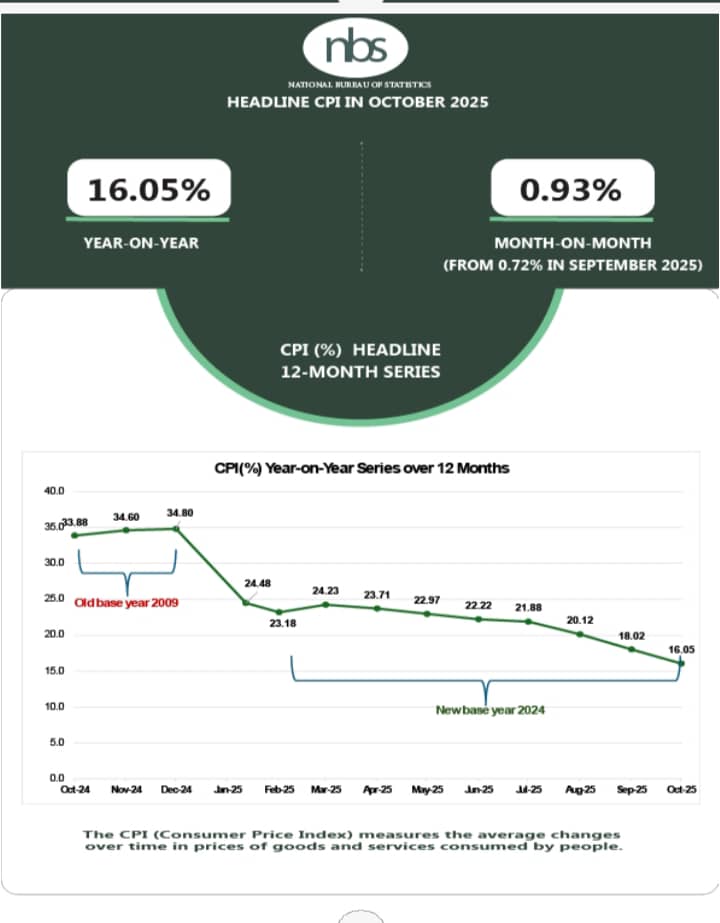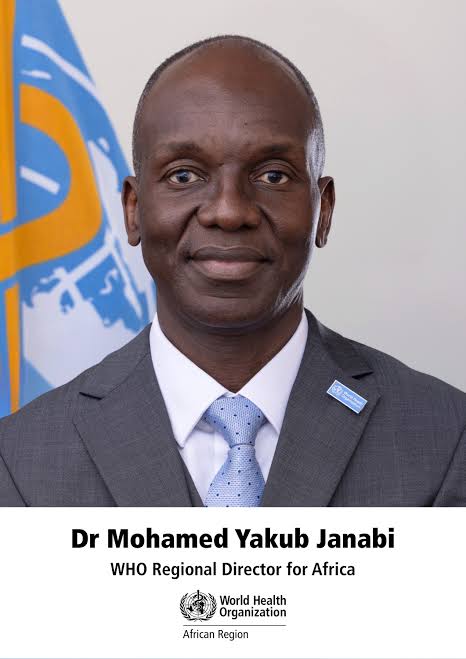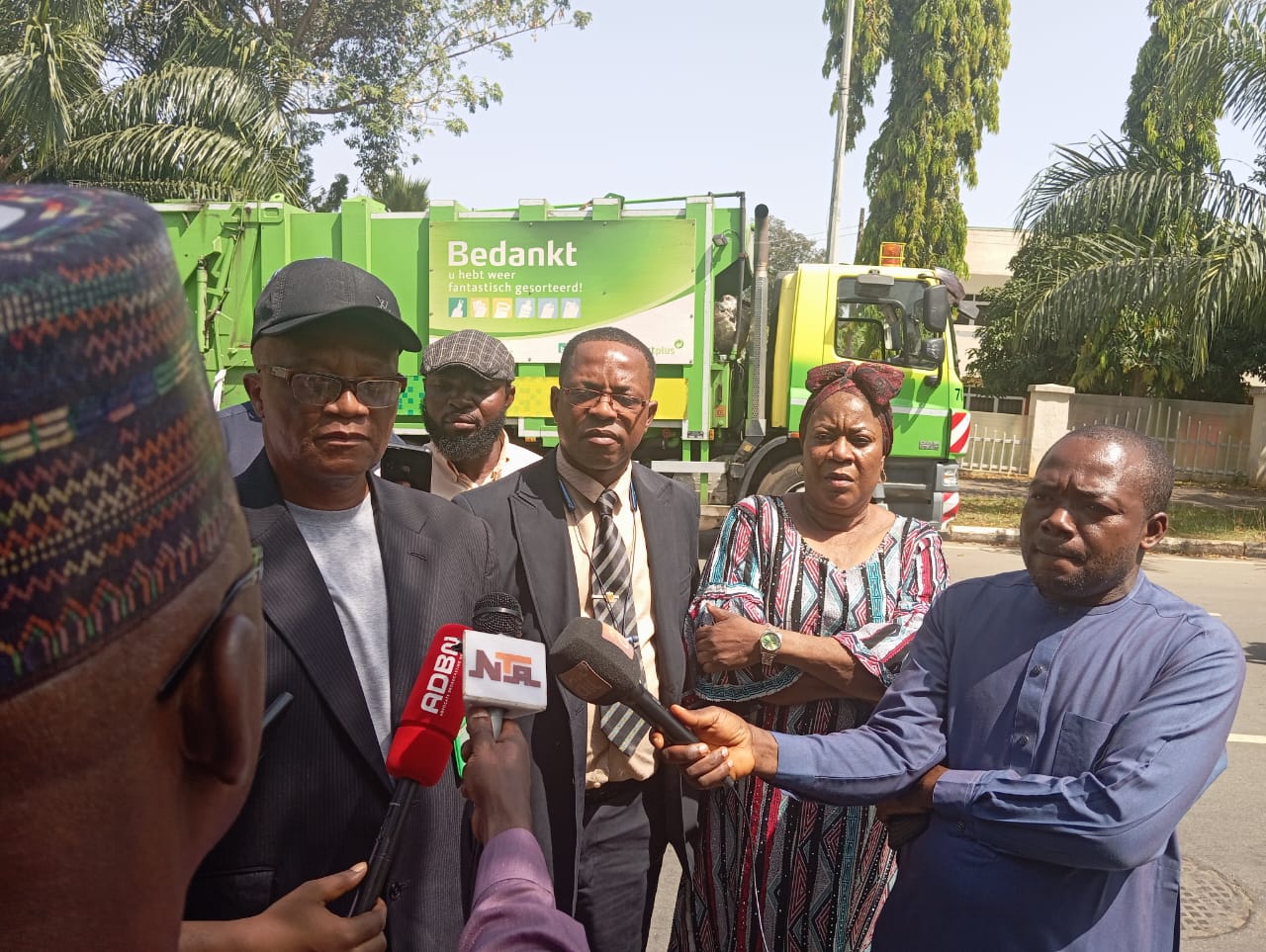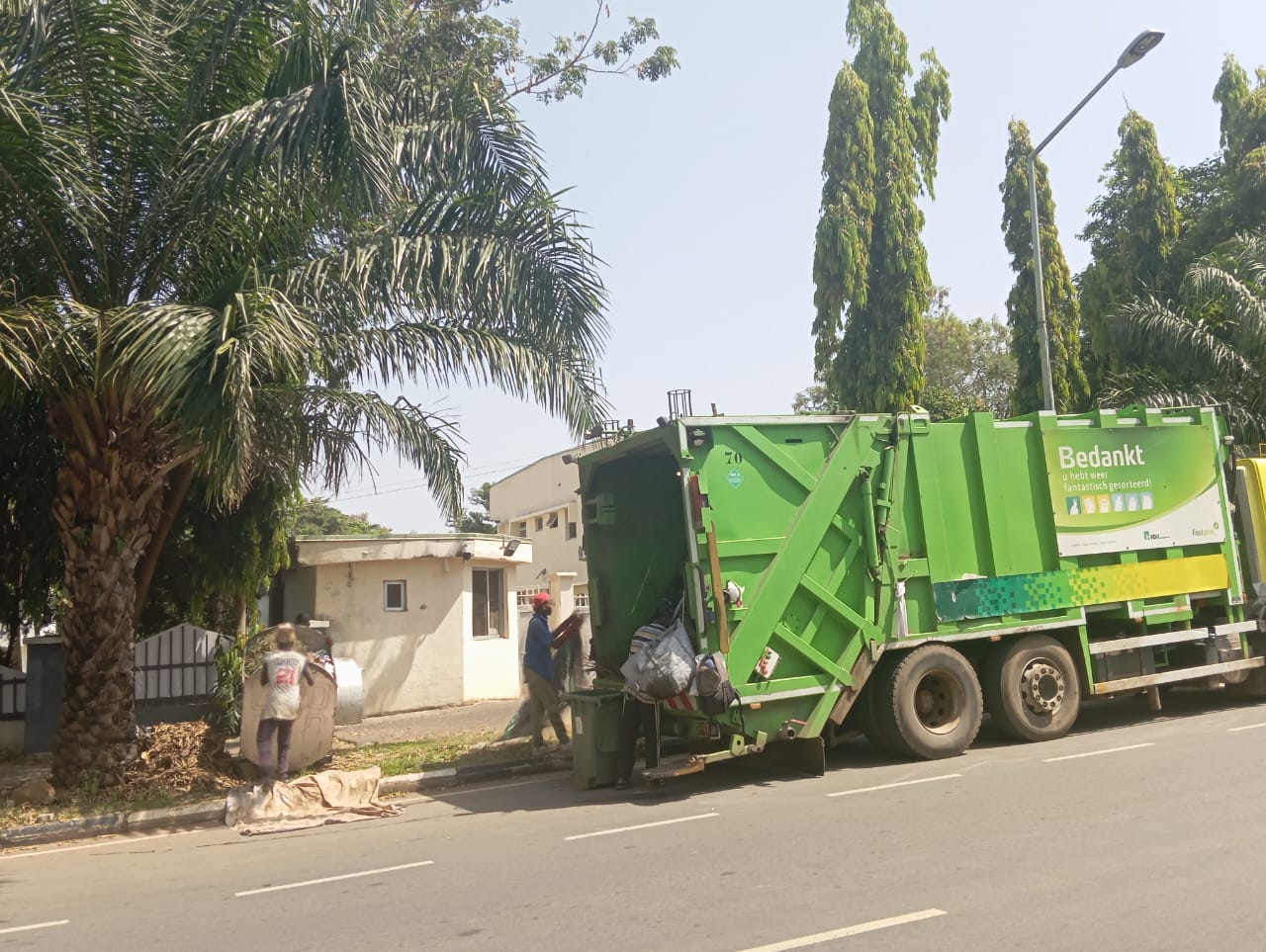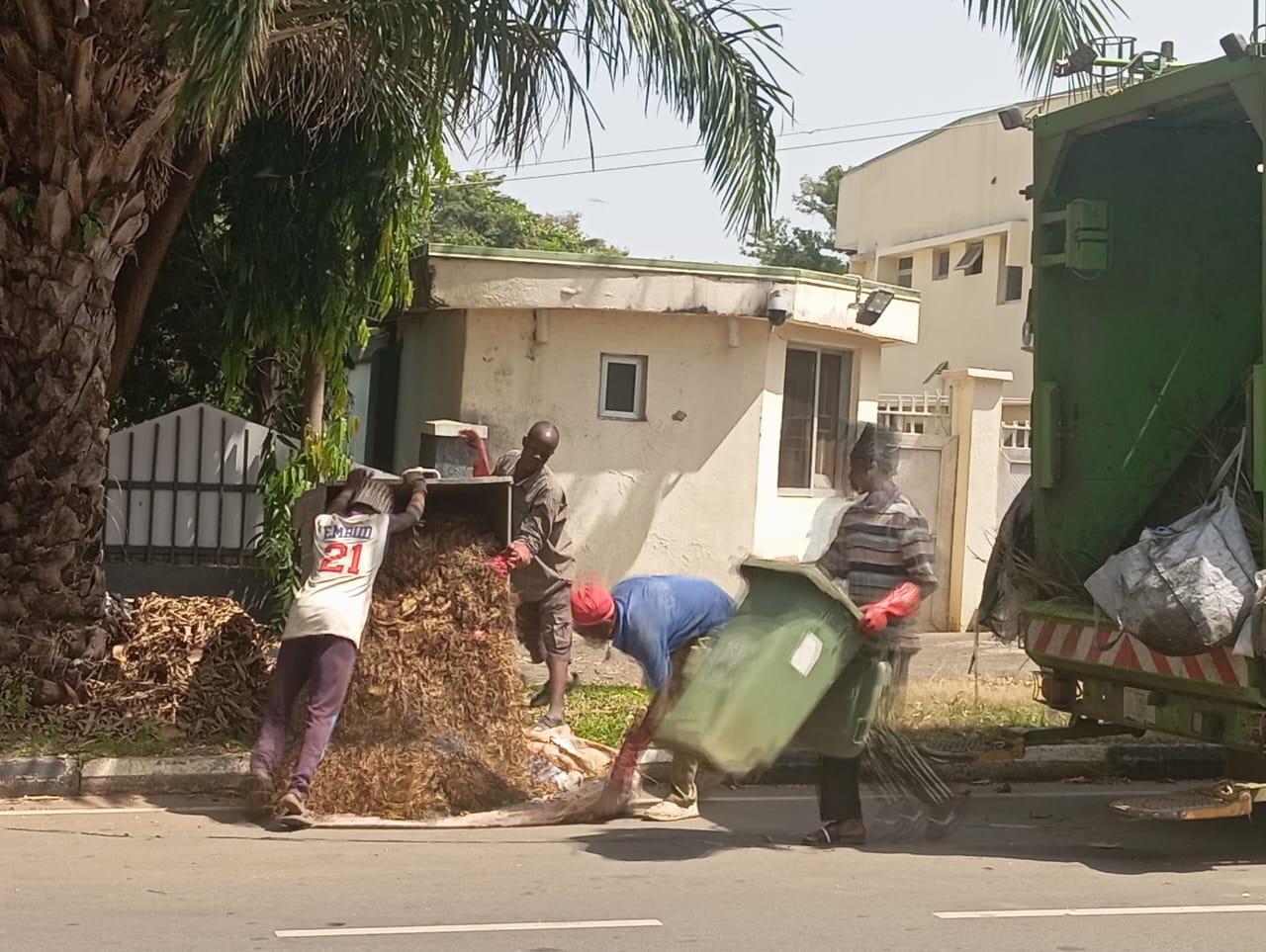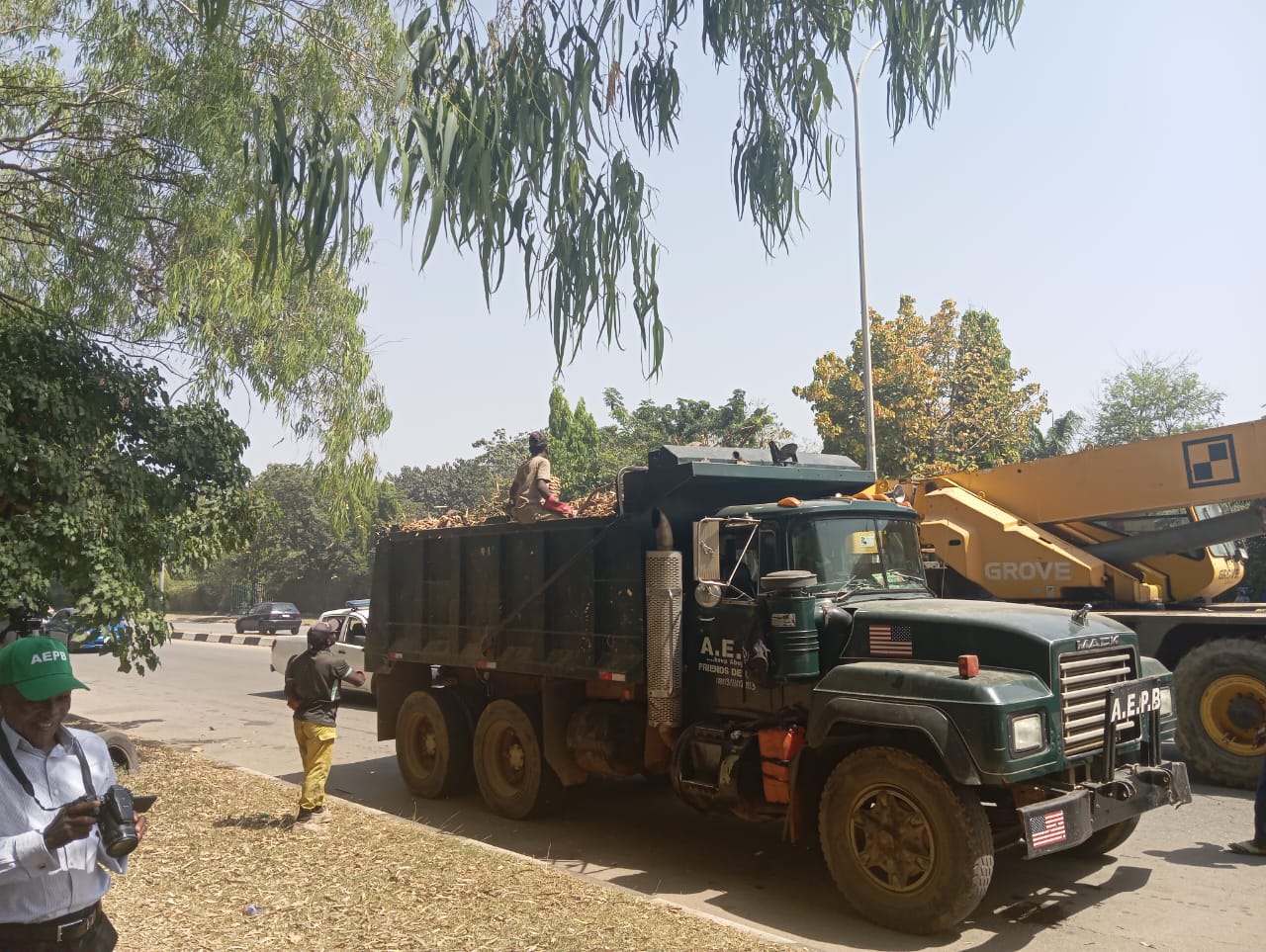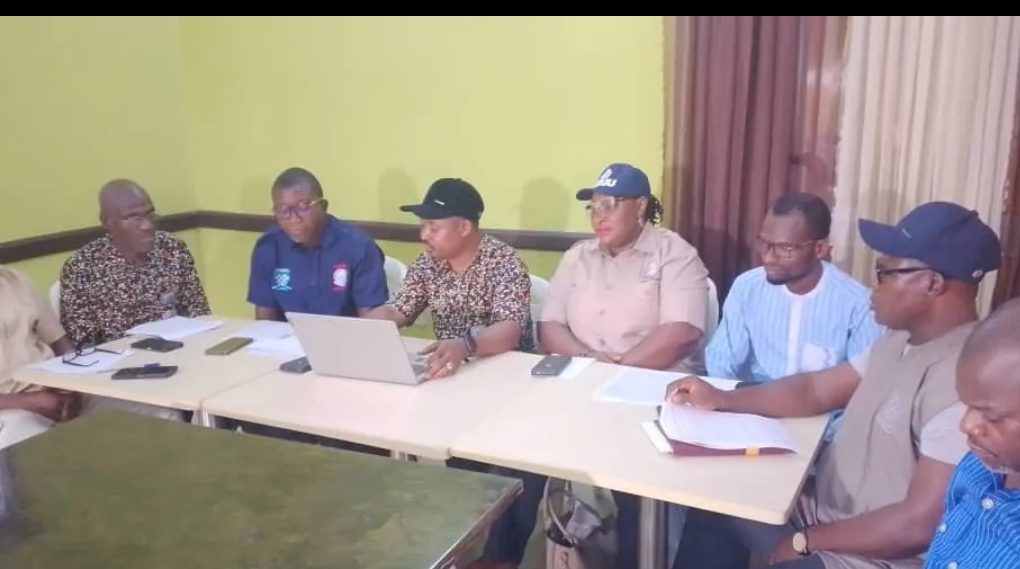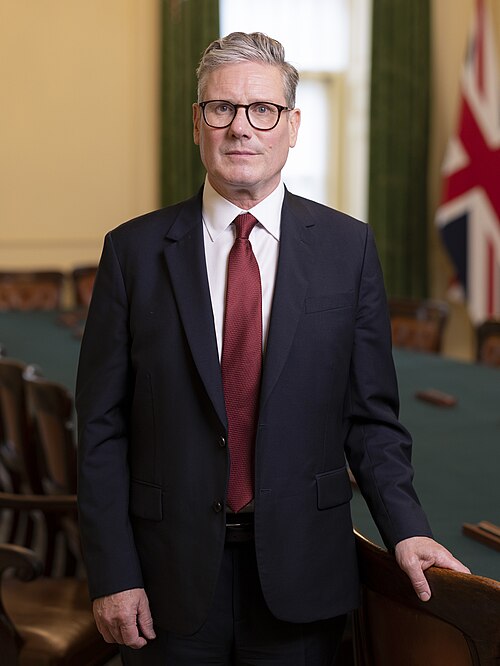ABUJA — The internal strife within Nigeria’s main opposition Peoples Democratic Party (PDP) escalated sharply on Monday, just two days after its national convention in Ibadan, with rival factions gearing up for a physical confrontation over control of the party’s headquarters.
The Wike-aligned group, led by Abdulrahman Mohammed, issued a summons for an emergency National Executive Committee (NEC) and Board of Trustees (BoT) meeting scheduled for Tuesday at the PDP’s Wadata Plaza secretariat, which has remained under lock amid the ongoing dispute. A notice bearing the signature of Senator Samuel Anyanwu, a close associate of Federal Capital Territory Minister Nyesom Wike, directed BoT members to convene at 11 a.m.
Sources indicated that PDP governors and loyalists plan to occupy the premises early Tuesday, signaling a bid to assert dominance following the Ibadan convention where Ambassador Umar Iliya Damagum’s faction prevailed, electing Tanimu Turaki as national chairman.
In response, Turaki’s newly installed National Working Committee (NWC) announced its own inaugural meeting at the same venue, starting at 10 a.m. After filing a formal complaint with the Federal Capital Territory (FCT) Police Command against Anyanwu and other expelled members, Turaki met with FCT Commissioner of Police Dantawaye Miller to request security cover.
Addressing journalists post-meeting, Turaki dismissed the rival summons as invalid, emphasizing that the Ibadan convention’s decisions — including expulsions — supersede other party organs. “Next to God, in the management of a political party is the national convention. The decision taken in a national convention overrides every other decision,” he stated. “These elements are no longer members of our party.”
Insisting on their legal right to access the secretariat, Turaki declared: “We are holding the meeting in our national secretariat… Anybody that is sitting there without our consent is an interloper.” He affirmed the group’s resolve, adding, “To defend our party, to defend this nascent democracy, we are prepared to lay down our lives.”
The commissioner assured Turaki of measures to prevent a breach of peace, a commitment Turaki said would enable the NWC to proceed undeterred. Invitations for the meeting extend to governors, National Assembly members, BoT elders, state chairmen, and other stakeholders.
The fresh escalation follows months of legal wrangling, including rulings from an Abuja Federal High Court and an Oyo State High Court, which have fueled parallel claims to legitimacy. While Damagum’s faction celebrated Turaki’s emergence in Ibadan on Saturday, the Wike camp — representing a significant anti-Atiku Abubakar wing — has rejected the outcome, vowing to reclaim influence.
Analysts warn that Tuesday’s standoff risks further polarizing the PDP ahead of key 2027 election preparations, potentially inviting judicial intervention or security escalation. Party insiders expressed hope for dialogue, but with both sides digging in, the secretariat could become ground zero for the deepening schism.

